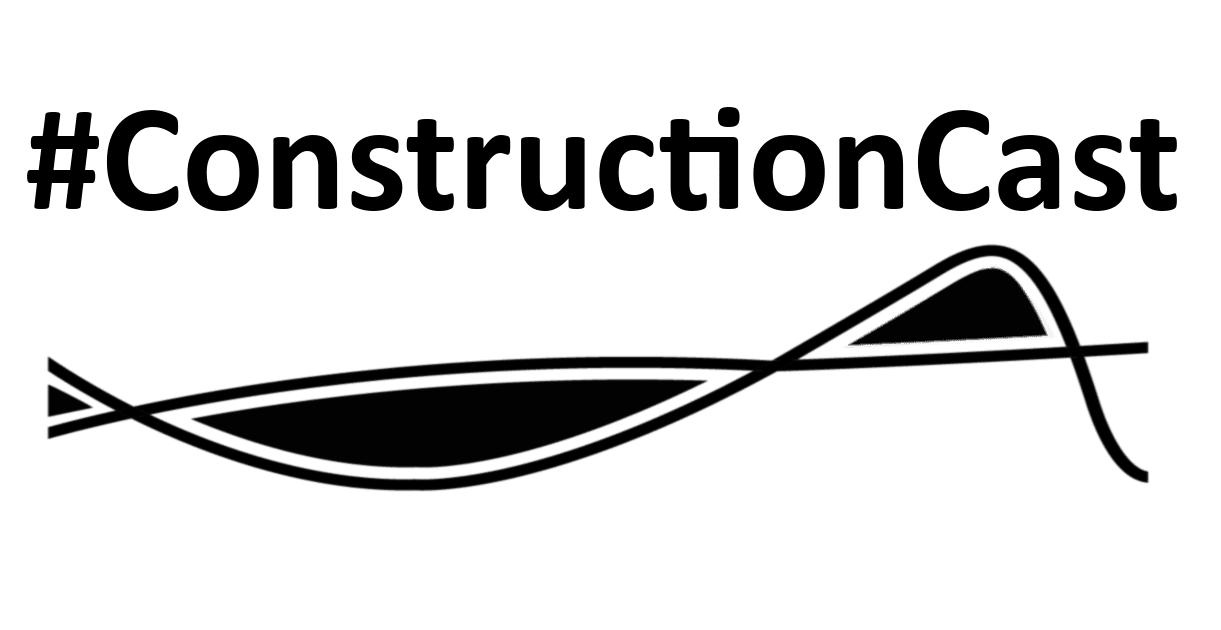This week we were joined by some of the UK and Ireland’s leading authorities on bidding, procurement and disputes. Jon Williams of Strategic Proposals, Sarah Hannaford QC of Keating Chambers and Marian Regan of Greenville Procurement Partners.
Has COVID-19 changed the way you run bids and proposals?
Jon Williams has been running some research within the bid and proposal community. For most, he says things have really slowed down. There is also a large reluctance to commit from clients and there are lots of stressed people around. However, people are predicting an upswing in bidding activity later in the year. It is hard to build trust with clients virtually. There will need to be a real raising of the bar in terms of presentation material. Death by PowerPoint is bad enough in a real world environment, it will be even worse in virtual pitching.
How has COVID-19 changed procurement?
Sarah refers to the COVID-related procurement guidance from the Cabinet Office and the European Commission. These mainly related to using the negotiated procedures about advertisement. These current directives are considered highly flexible. Both the Cabinet Office and the European Commission recommend the use of existing frameworks. The focus now is on what will be permitted in the case of a second wave.
As for non COVID-related procurement, Sarah has seen been some slowing down due to conflicting needs. Litigation slowed down to start with, but it is up and running again now.
How can Contracting Authorities preparing a tender, design them to get the best out of applicants?
Marian Regan recommends that Contracting Authorities need to remember that procurement is more than just doing the tender docs. You should be considering how you will procure your project as you are developing your project brief. Contracting Authorities should consider making more use of Art.40 of the directive and engaging with the market early on. Gaining a better understanding of the market and what it has to offer is beneficial for all.
When preparing tenders, Contracting Authorities need to be very clear in terms of what they’re are asking for. They should set minimum requirements at an appropriate level and set award criteria that’s appropriate to the specification. Be careful of the weightings – make sure that you are asking the right questions. Ask questions relevant to the spec, and give tenderers the opportunity to shine. Generic questions beget generic answers. Remember the market will react to what you ask, so be mindful of your price quality ratio. If you set the price weighting above 40%, it’s usually very difficult for anything other than the cheapest to win, so don’t be surprised when the market responds accordingly.
What can you do to ensure that you can win a tender?
John states the first thing you need to understand is the story, why us and not our rivals? Think about what the customer really needs. We always like to use the Spice Girls test – what do they want? What do they really really want?! Make it easy for the client to pick you. As well as this try to work upfront with the procurement team. Another top tip is to write a brilliant document and bring your story to life. Guidelines can also sometimes be too prescriptive, if this is the case, bring your creativity to the pitch instead.
On the topic of tender response guidelines, Marian advises that while it can be useful to have guidelines such as page limits Contracting Authorities need to make sure they are not so prescriptive that those responding don’t have the people a chance to tell you anything. She cautions against questions which ask for a “detailed and comprehensive methodology” in no longer than 2 pages!
Sarah shared with us her top tips tips for bidders when preparing tenders?
- Read the instructions
- Use the word count and page limits wisely
- Check the weightings and put more effort into highly weighted questions
- Submit the bid in plenty of time and do not miss the deadline
- If something goes wrong in procurement deal with it at the time
- If you’re not sure what the question means, ask for clarification.
Similarly, she shared her list of the most common mistakes authorities make when assessing tenders.
- Not reading the question
- They don’t read or understand their own mark scheme
- Not reading or understanding rules fully
- They make assumptions without checking it within the confines of the answer
- Clarification questions can be asked but be careful about which ones you ask
- Keep clear notes about the reason behind each score.
It is interesting to note how similar the two lists are.
How can contracting authorities make the process more objective? Does the current process lock out smaller firms?
Marian explains that in Ireland there is specific Government guidance that tenders are publicly procured when they reach a certain value. A large proportion of SME’s are also winning bids. However, there can be a perception that contracting authorities are not interested smaller companies. SMEs often complain there is too much red tape associated with public procurement.
To counteract this, Contracting Authorities can engage with the market early on (Art 40 of the Directive). For example, they can run “meet the buyer events” so that potential suppliers get to understand the process and understand the opportunities. During a tender process Contracting Authorities could run information sessions. Contracting Authorities can also inform the market of their procurement intentions and seek feedback as needed.
In Ireland, we have explicit government guidance to encourage SMEs to bid for projects, and some initiatives include; breaking down tenders into lots, reducing admin burden (e.g. only look for declarations at tender stage, and get evidence of say insurance when being considered for award) and being explicit in tender docs about encouraging SMEs to bid and to form groups to come together to meet requirements if required.
Marian also thinks industry bodies have a role here. They could encourage their members to bid or aid them in the bidding process.
What issues lead to disputes arising?
Sarah sees the same issues arise time and time again. To avoid many of these issues occurring, she advises to make sure that the mark scheme is able to differentiate between bidders this is particularly prevalent in cases where people lose out on a bid by zero point 1%. Other factors that may lead to disputes are the mistakes that contracting authorities and bidder make that I mentioned above.
How can people quickly make improvements to their tenders?
Jon gives us some quick fire advice. Treat the proposal as an exam. Most successful organisations put a lot of time in up front and they build momentum before answering the questions. You need to make sure to include a narrative flow of why us and not them. A phrase Jon likes to use is ATFQ: Answer The F**** Question. More quick improvements include creating some empathy. Tell them what you do differently and provide some evidence.

